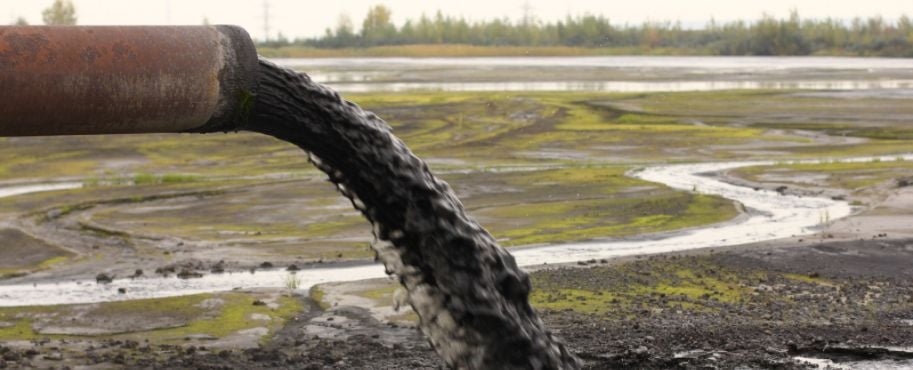With liquid waste banned from landfills, industries must explore innovative alternatives to current costly measures. Sustainable solutions that make financial sense – and help in preserving our future.
When the Department of Environmental Affairs ushered in new legislation on 23 August 2019, banning all liquid waste from landfills, sustainability managers across the country sat up and took notice.
The push came amidst news headlines warning of a waste crisis, with South Africa’s landfills under severe capacity constraints, and the country running out of landfill space.
Counting the cost
The need for a sustainable and innovative approach to waste management is critical. From both a human and environmental cost perspective.
A key objective of a recent collaborative study between the University of Cape Town and the University of Natural Resources and Life Sciences in Austria aimed at mapping the level of circularity in South Africa’s economy, was to quantify all materials used in South Africa in one year, as well as reducing waste and emissions.
The study found that waste flows are relatively high, with solid and liquid waste “returned to nature” totaling about 310 metric tonnes, 171 metric tonnes of which consists of extractive waste from mining activities.
This presents two major problems:
- An increase in waste to landfills means an escalation in the levels of methane gas – a major contributor to climate change – released.
- The leachate – the liquid formed when waste breaks down in a landfill and water filters through that waste – is highly toxic and can potentially pollute groundwater reserves and kill animals and plants.
Cutting down on disposal costs
According to GreenCape’s 2020 Market Intelligence Report, the Western Cape generated 533,745 tonnes of municipal solid waste (MSW) organics and 326,935 tonnes of commercial and industrial organics in 2019. The report estimates the combined market value of MSW and commercial and industrial organics to be between R86 and R162 million.
It makes financial sense then, to transform the way your organisation approaches liquid waste management. However, with landfill disposal being an absolute last resort, what other solutions should you be exploring?
1. Reduce
This should be right at the top of your waste management agenda. Together with your waste management partner, explore solutions to reduce how much waste is generated. For example, your organisation can save money by reducing the volume of liquid waste generated, through the installation of water saving devices. On the up-side, you’ll also be cutting down on waste disposal overheads!
2. Composting
Composting refers to the process whereby micro-organisms and oxygen are used to break down biodegradable waste, resulting in a fibre-rich humus with nutrients like nitrogen, phosphorus and potassium. This is then used as bio-fertiliser or soil amendment.
There are numerous advantages to composting, including bettering environmental sustainability by preventing soil erosion, and increased soil biodiversity.
3. Bio-enzymes
A relatively unexplored solution in South Africa, these nifty beneficial bacteria digest fats, oils, and greases, in addition to other organic waste that accumulates in drains and grease traps. This keeps drains free flowing, eliminating the need for frequent grease trap pumping, and reducing the exorbitant costs of effluent removal or costly on-site treatment systems.
We can draw inspiration from companies such as Scotch whisky maker, Glenfiddich, which this year announced that it has begun converting its delivery trucks to run on low-emission biogas made from waste products from its very own whisky distilling process.
It may seem like a somewhat unattainable goal, but it all begins with a step in the right direction. Which is why it’s imperative to choose an ethical waste management partner focussed on working out a waste management strategy that will benefit your organisation.





